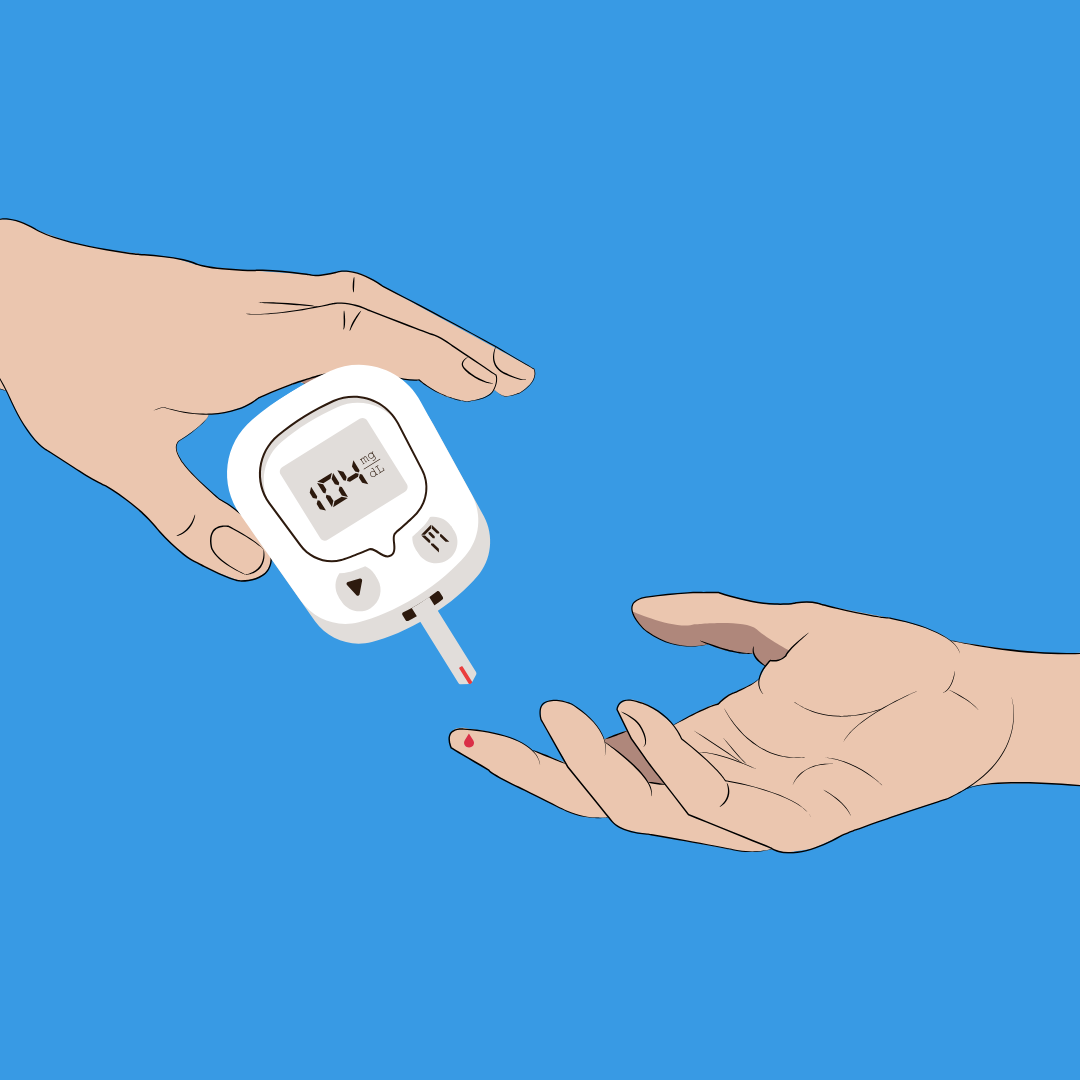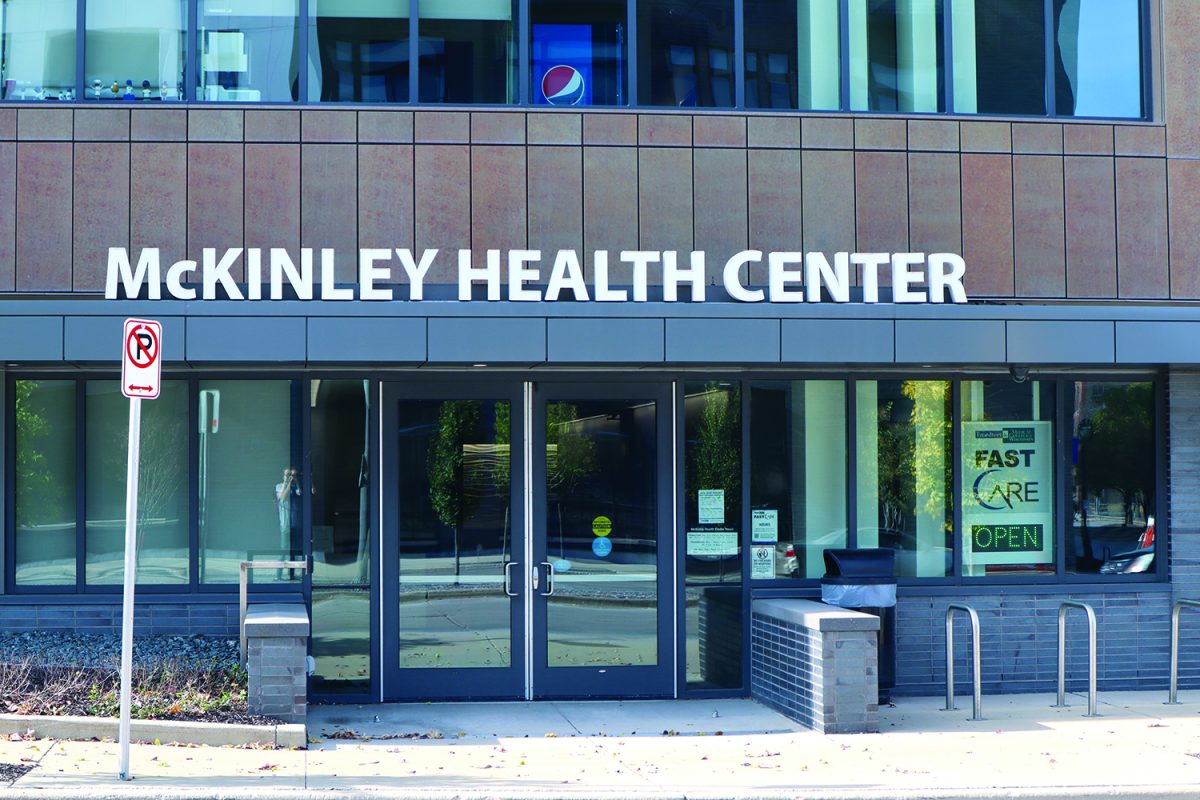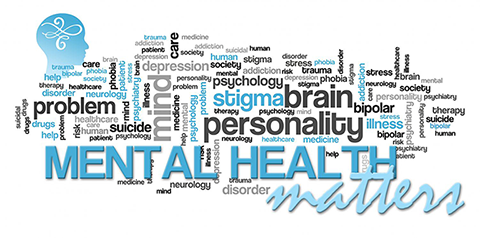Stress is a natural part of every person’s life. Everyone needs some sense of obligation and urgency in order to get ourselves out of bed in the morning and accomplish necessary tasks. For many of us, though, there is more stress in our lives than is healthy, and the negative effects may significantly impact our health and wellbeing. Symptoms such as poor sleep, chronic anxiety or worry, memory and concentration issues, headaches, digestive problems, irritability or anger outbursts, and feelings of being overwhelmed (whew!) may indicate stress levels that are high enough to be interfering with our daily lives, relationships, obligations, and goals.
Thankfully, there are things we can all do to help manage stress. The following suggestions are all actions people can take that may help significantly with reducing feelings and effects of stress and anxiety.
- Exercise: Regular moderate exercise is one of the most effective ways to reduce overall levels of anxiety, but even brief, one-shot periods of physical activity can help when you’re feeling stressed. Try a short walk, some yoga, jumping jacks, dancing–anything to get your body moving for a few minutes. This will help your nervous system “reset” and reduce your body’s output of stress hormones.
- Rhythmic breathing: Search “square breathing” or “box breathing” on the internet to find instructions for this simple technique that also helps calm the nervous system.
- Limit media consumption: Constant exposure to stress-inducing stories and images can trigger feelings of anxiety, anger, sadness, and even hopelessness that may become overwhelming. Set aside a specific time to get your daily news update, then don’t check again (if possible) until the following day. It’s also okay to skip watching charged events such as political debates–you can always get the highlights later.
- Connect with supportive friends and loved ones: Even if you can’t get together in person, make sure you have some positive social contact. Calling, texting, and videoconferencing with people you care about can help reduce stress levels.
- Take a creative break:Do some writing, make art, or cook or bake.
- Turn frustrations into action: Help a neighbor, give to a charity, or volunteer your time if you can.
- Avoid judging your feelings: However you feel about all of the challenges you and others are going through right now–anxious, sad, stressed, confused, exhausted, overwhelmed, angry, etc.–is normal. Expect to have some negative feelings, and know that there is nothing “wrong” with you because of them.
- Get enough sleep: Lack of sleep can result in poor concentration, low energy, irritability, and difficulty with problem solving. Establish a regular sleep time, reduce distractions such as light and noise, and avoid caffeine late in the day.
- Be aware of your use of alcohol or other substances: Substances can “numb” feelings of stress but also cause bigger problems. Help is available if you feel your substance use is getting out of control, or if you are concerned about someone else’s use.
- Know when to get help: If your stress levels start interfering with your day-to-day activities, relationships, or physical health, it’s probably time to seek out some help. MATC has multiple options for students seeking support:
- Free, confidential supportive counseling and referral services through our Counseling and Psychological Services (CAPS) department:
- To set up an appointment using our online scheduler, go to: https://matccounseling.titaniumhwc.com/
- Or, email [email protected]
- Togetherall is an online peer support platform for college students: https://togetherall.com/en-us/
- Protocall is a 24/7 crisis support line staffed by clinicians: 855-446-7231
- Free, confidential supportive counseling and referral services through our Counseling and Psychological Services (CAPS) department:
MATC faculty and staff can access mental health support through Advocate Aurora EAP (aah.org/eap or 800-236-3231).
If you are concerned about your own or someone else’s immediate safety, call 911.


































































